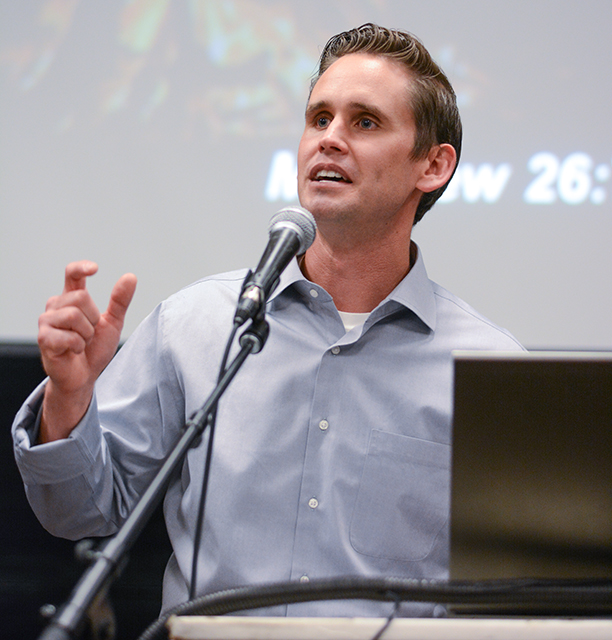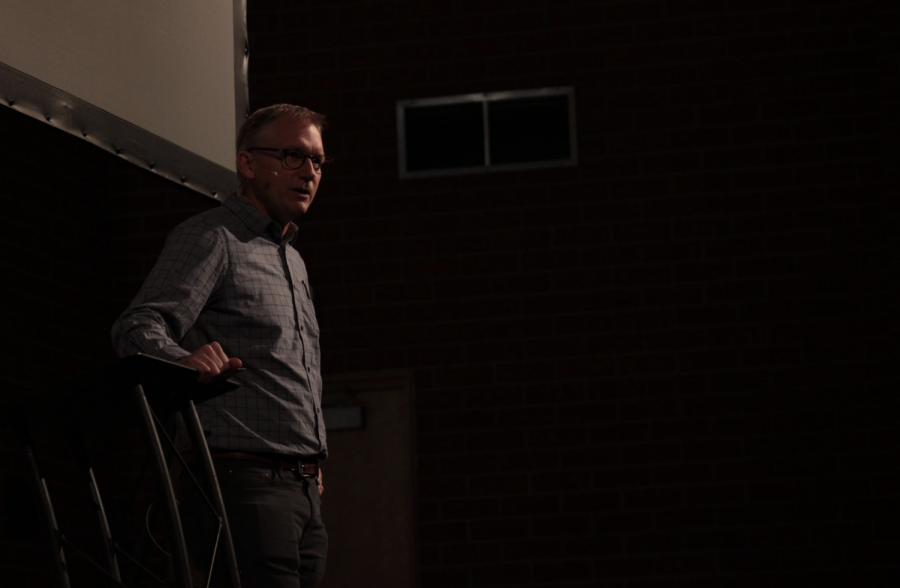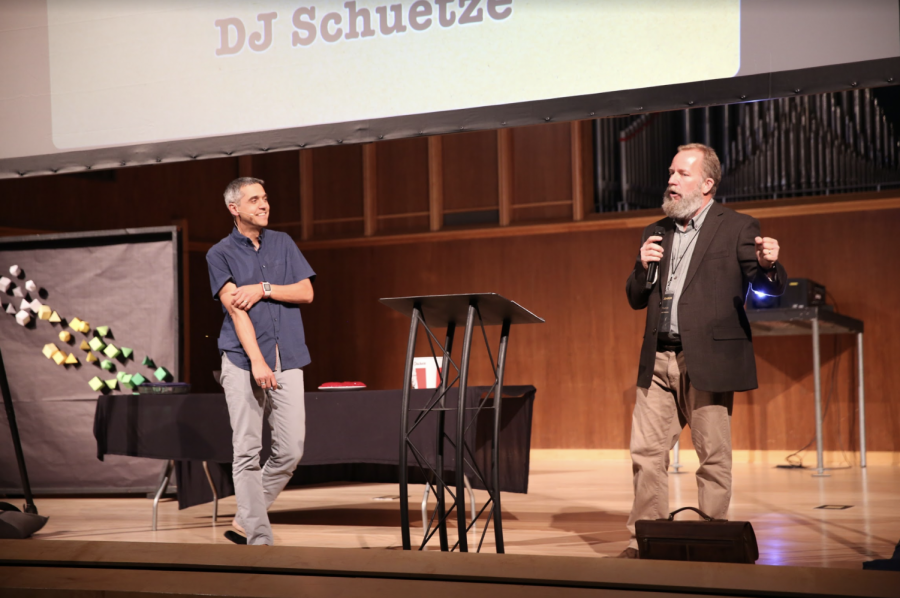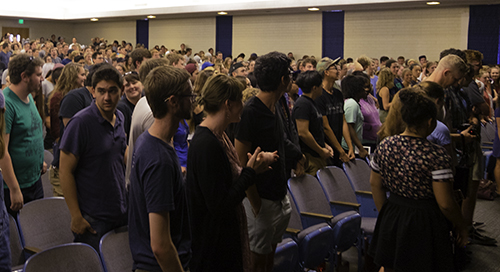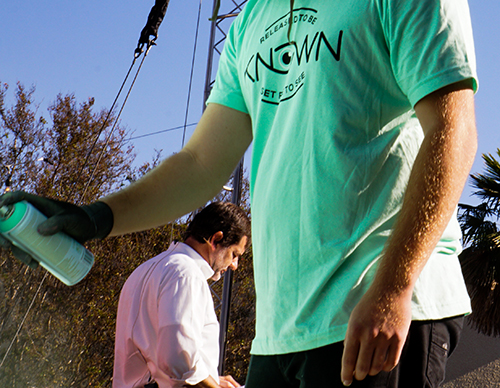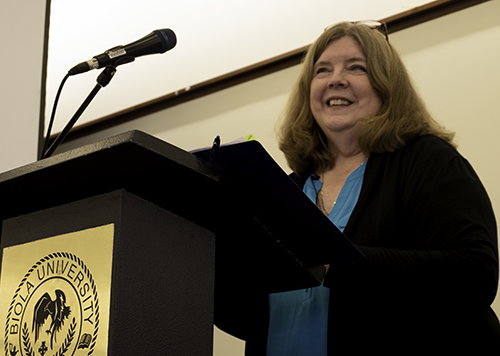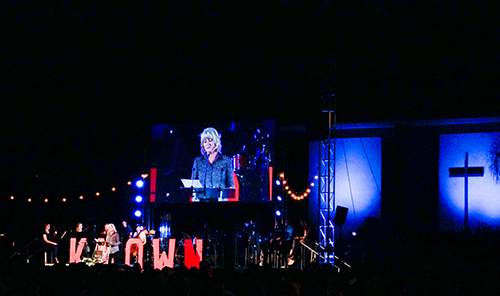John Riley initiated the session titled Hide and Seek with the idea of a game. Riley talked about he and his children playing this game. Riley showed pictures of these kids hiding and talked about their adorable unwise places of hiding. Riley transitioned into the stigma of how shame exudes from the idea of how effeminate hiding seems males hiding has become because of shame.
Riley portrayed shame as consisting of two separate categories- insidious shame and redemptive shame. Insidious shame derives from what Riley termed “mirrors”, or words and actions by people in our lives that induces us to feel less than a wonderful creation of God. Rejections by romantic interests or schools, grades, athletic records, even simple playground rough housing all exist as examples of mirrors personally built to see into. All of these mirrors lie within males to make them feel inadequate and thus feel a need to either hide behind a facade of false confidence or simply shut themselves away from anything that may judge or shame them.
Redemptive shame consists of guilt. Guilt for doing the things that we know we should not do. These things include lustful desires, seeking out improvements just for self-image and unjust anger. These shameful actions that bring guilt also bring the knowledge that we must seek God’s help. How can a man do so though he remains unwilling to confront his own shame?
Riley ended the session with suggesting that as males we must seek out ways of individuals knowing us deeply, so they can love us deeply. If we hide away, we consequently can never have people truly know or love us. In this, Riley brought up hide and seek again with the context of God as the seeker, or “it”. God will take charge as the one to find us, because like Riley’s kids, we too have bad hiding skills. God allows us to hide because of free will and it allows us to know Christ. Instead of hiding from the mirrors the world has built for us to look into, Christ simply demands we look into his eyes as he hung nailed to the cross and see our true reflection, without shame.



